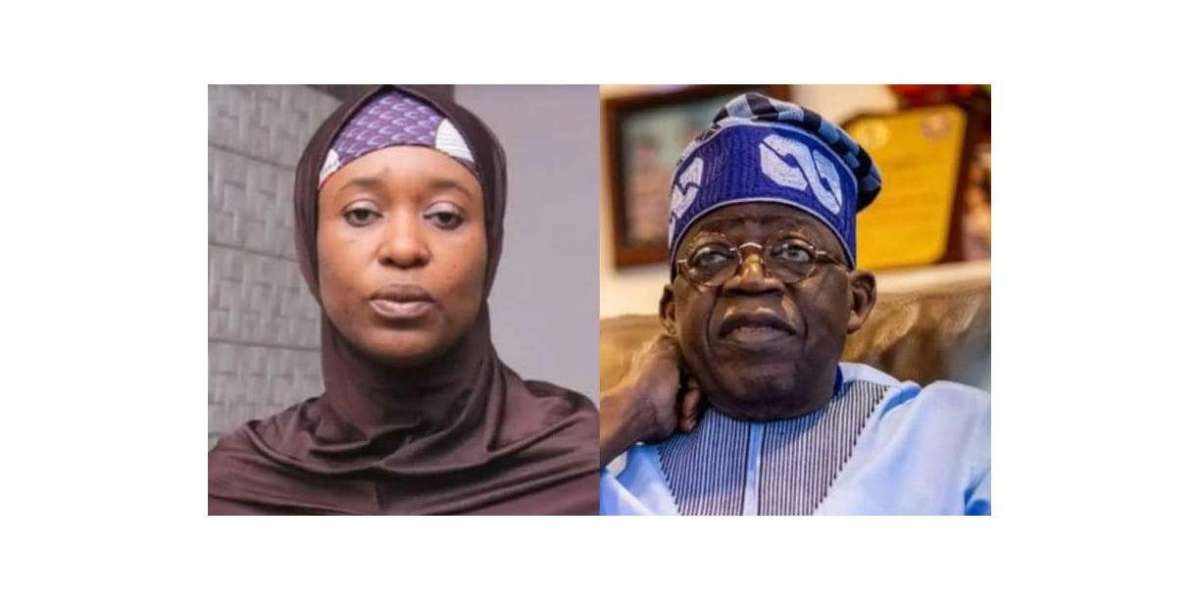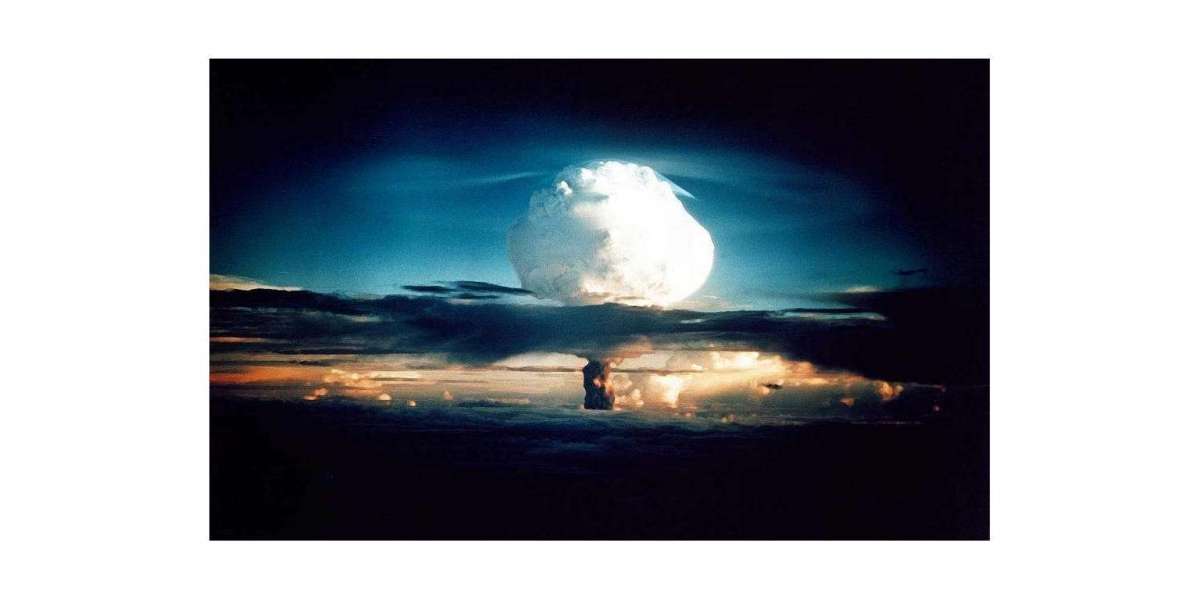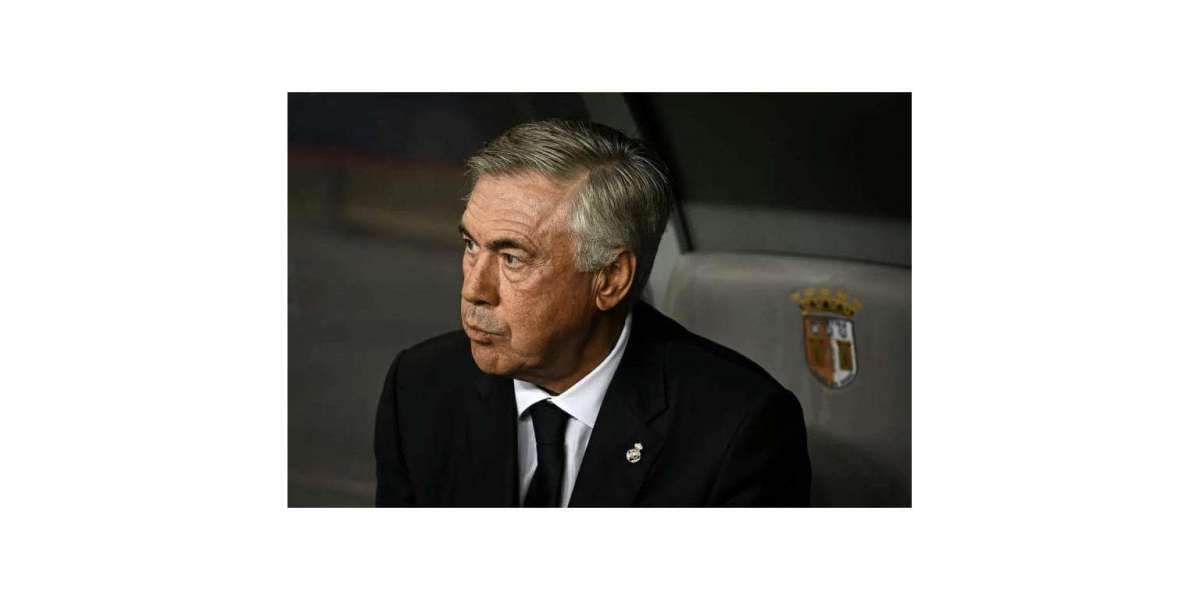In a recent statement on social media platform X, socio-political activist and commentator Aisha Yesufu firmly refuted allegations suggesting that the Northern region of Nigeria is conspiring against President Bola Tinubu. Yesufu, known for her candid views on Nigerian politics, emphasized the crucial support Tinubu received from the North during the 2023 elections, particularly through his controversial Muslim-Muslim ticket.
Addressing the claims of an alleged Northern plot against the Southern president, Yesufu remarked that it is perplexing to suggest that the very region that vocally supported Tinubu would now seek to undermine his presidency. She highlighted that the Northerners "carried Tinubu on their head," indicating their strong backing during the electoral process. She even referenced remarks made by Northern clerics who indicated that those opposing Tinubu within the Muslim community were not true supporters of the faith.
Moreover, Yesufu challenged the narratives circulating following the recent EndBadGovernanceInNigeria protests, where some individuals raised concerns about a perceived desire for a change in government, and even suggested a military takeover. In her post, she jested, “I laugh in Etsako,” a reference suggesting disbelief at the notion that the North would now turn against Tinubu after aiding him significantly in the elections.
The activist’s comments come at a time when tensions within Nigerian political circles have surfaced, following the protests calling for accountability and leadership change. However, the Nigerian military has distanced itself from these calls for a return to power, reinforcing its commitment to a democratic governance structure.
Yesufu’s bold assertions remind us that the political landscape in Nigeria is complex, and narratives surrounding it can often become oversimplified. As discussions on governance and representation continue, her perspective shines a light on the significant role regional dynamics play in the nation's political framework, with an emphasis on the collaborative efforts that transcended regional lines during the last election.
In conclusion, Yesufu’s commentary serves both as a defense of Northern support for President Tinubu and a critique of the divisive narratives that threaten the unity of Nigeria’s diverse political landscape.







